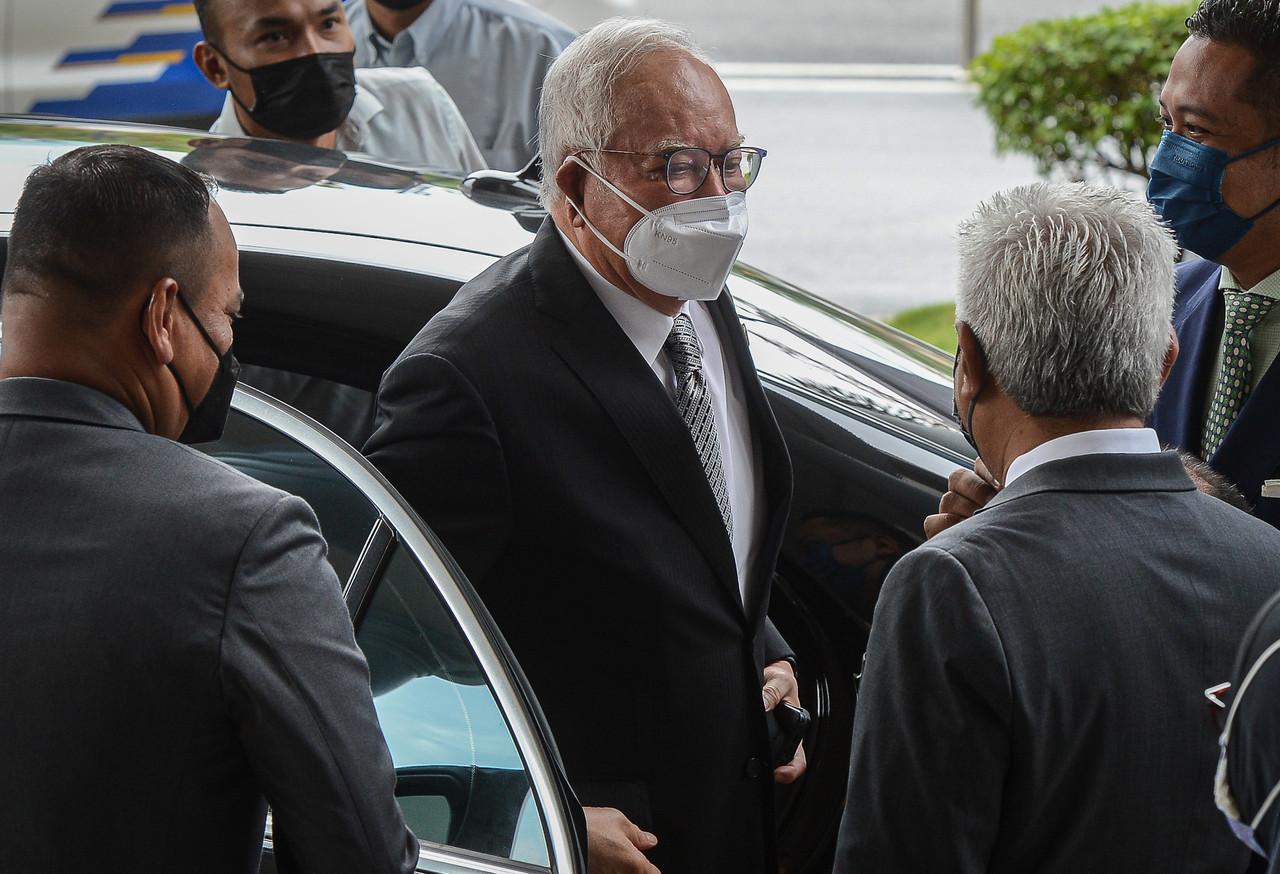Najib proposed 1MDB joint venture with Aabar through Jho Low, witness tells court
Former 1MDB chief financial officer Azmi Tahir says he did not know in detail the real purpose of setting up Abu Dhabi Malaysia Investment Company.
The High Court was today told that the joint venture between 1MDB and International Petroleum Co (IPIC) subsidiary, Aabar Investment PJS (Aabar), was proposed by Najib Razak through wanted businessman Low Taek Jho, better known as Jho Low.
Former 1MDB chief financial officer Azmi Tahir said he was personally informed of the matter by Jho Low, and that Abu Dhabi Malaysia Investment Company (Admic) was registered in the British Virgin Islands on March 5, 2013, by 1MDB’s lawyer Jasmine Loo.
Azmi said he did not know in detail the real purpose of Admic’s establishment, adding however that since it had been set up by Loo, it would most likely have been what Jho Low wanted.
“I was actively being directed by Jho Low following the proposal to enter into a joint venture with Aabar at the end of 2012, where I, as CFO, would be involved in all actions involving the financial process.
“This includes the time in 2013 when Jho Low and Najib were working to ensure the success of the ‘G to G’ (government-to-government) joint venture involving Abu Dhabi and Malaysia,” said Azmi.
He said this when reading out his 127-page witness statement at Najib’s corruption and money laundering trial involving RM2.3 billion in funds belonging to 1MDB.
The 12th prosecution witness said the proposed joint venture between Abu Dhabi and Malaysia was begun with Parcel A.1.0 in TRX, but it was not implemented due to some changes later, even though he as the CFO was not involved in the technical and financial studies.
“Then there was another joint venture plan with Aabar relating to investment and real estate development, but I was not involved there as well, because it was under the supervision of the investment division as well as Loo. As far as I know, this joint venture also did not materialise.
“After both of them (the joint ventures) failed, Jho Low planned a third joint venture called ‘Project Catalyze’ and he instructed Loo to lead the project because it involved US$6 billion in fundraising, whereby Loo was more proficient in (dealing with) the currency,” he said.
Azmi said at the beginning of the discussions on the project, Jho Low had proposed the use of a “letter of comfort” from the finance ministry as a guarantee for the issuance of bonds.
“This project was an instruction from Najib through Jho Low, whereby Jho Low had instructed to speed up the process, especially in terms of getting the bonds issued. Because of that, it was done in a hurry and very fast,” he said.
Azmi was then referred to a letter of support dated March 14, 2013, signed by Najib who was finance minister at the time, representing the Malaysian government.
The witness said the letter was intended to support the issuance of US$3 billion in bonds and as a government guarantee, which would assume responsibility for the funds in the event that 1MDB failed to make the repayments.
“Najib approved this letter of support by signing it within a short period of time. It was in line with what Jho Low had informed us, that Najib would approve it and we did not have to worry about the approval,” he said.
Najib, 68, faces four charges of using his position to obtain bribes amounting to RM2.3 billion from 1MDB funds, and 21 charges of money laundering involving the same amount.
The trial continues before judge Collin Lawrence Sequerah.
Subscribe to our newsletter
To be updated with all the latest news and analyses daily.
